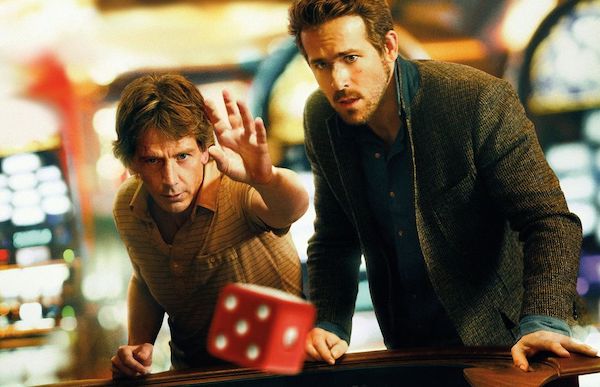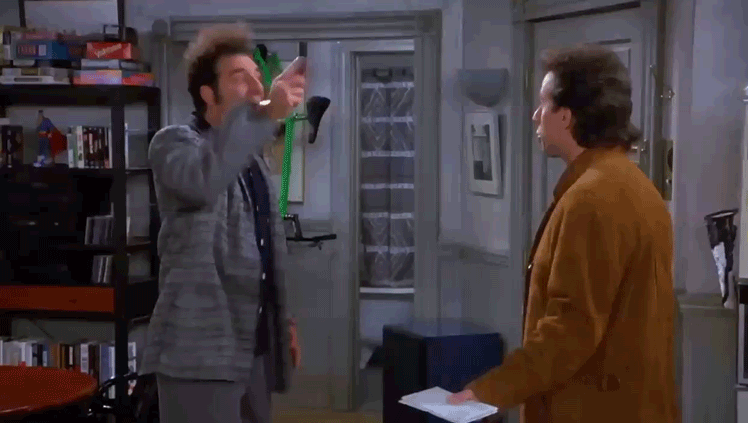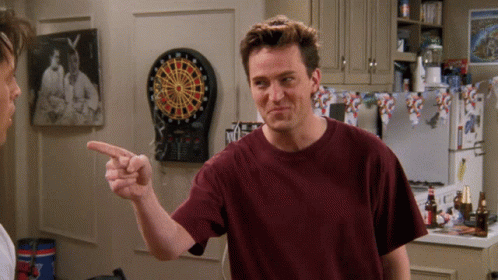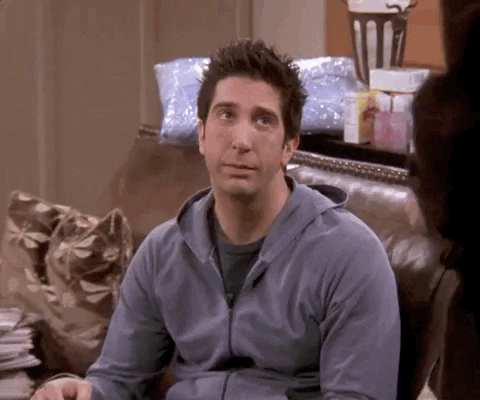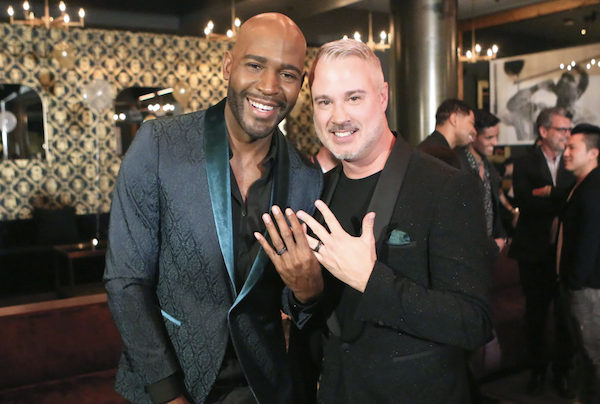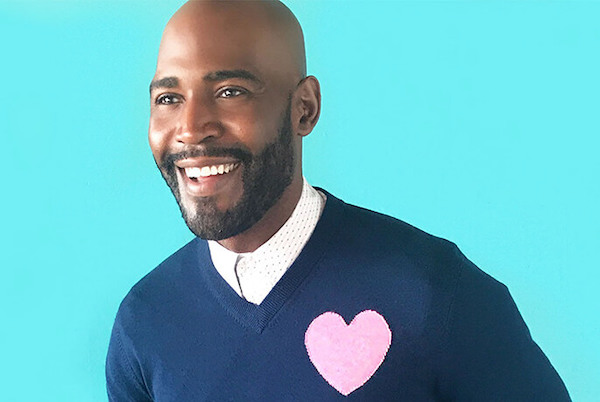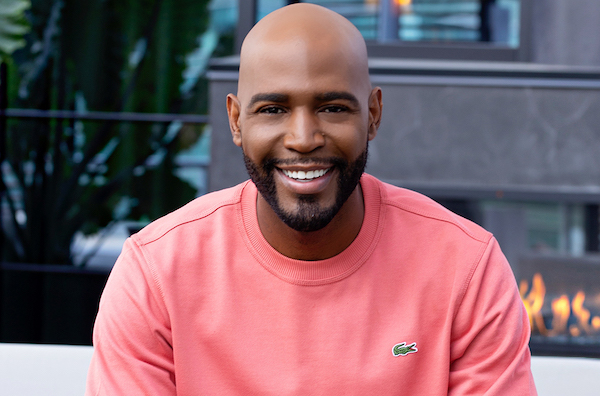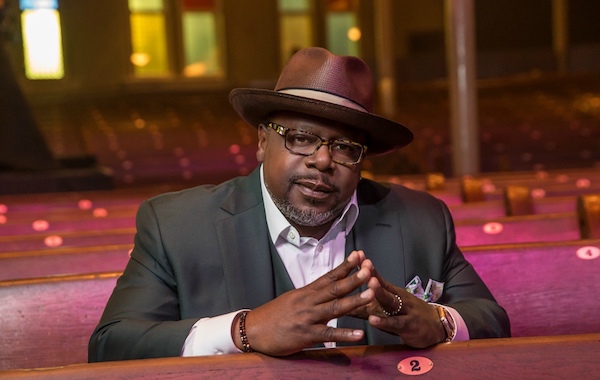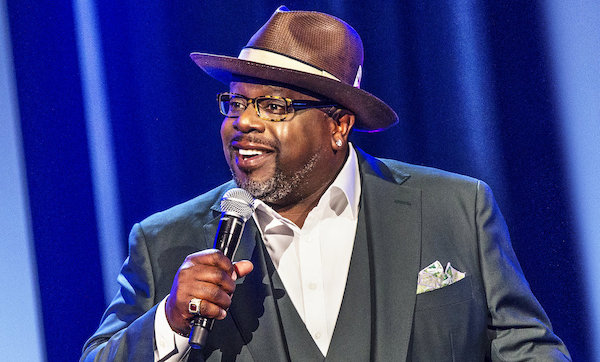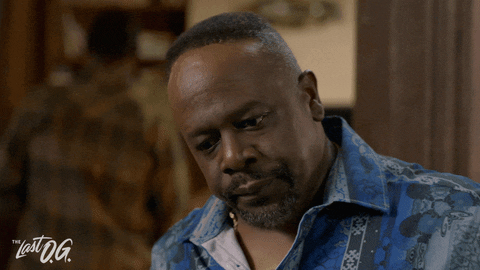Everywhere you turn, people are struggling in the world. Out of work, low on food, terrified to get groceries, unable to squeeze a loved one, stuck inside with nothing but a binge box for four straight months, and perhaps it’s only just begun. So what are you going to do? How long are you going to complain about it before you do something about it?
Maybe that’s all not well and true, but perhaps we’ve spent enough time focusing on the bad news, which is nothing new at this point. The world is grieving — this is not to belittle that — but we have our marching orders. Put on the mask, practice safe distance and care for one another in the ways you can, but there has to be a turning point amidst all this chaos where our perspectives change for the better.
Yes, we’re low on income and food, but maybe we’ve been consuming too much and can learn to do more with less. Yes, it’s terrifying to go to a crowded grocery store, but maybe it’s time you supported the local market and small farmers who need help, too. Yes, we’ve run out of TV to binge on until sunrise, but maybe it’s time we got up at that hour and went for a walk while the summer sun is upon our faces. Things are tough — no doubt about it — but every passing moment is an opportunity to turn this rickety old boat around.
On a deeper level, as bad as things are, you have to believe there’s a more profound meaning for all this than just suffering. If we can’t see the forest for the trees, that is, if we’re too consumed by what’s wrong, we might miss how to get it right. Whatever or whomever you put your faith in, there’s a good chance a higher power — God, Allah, the universe — has in some strange way conceived a lesson buried deep within this travesty that can be mined with enough people getting their hands dirty and putting in the work.
Big Man, Tiny Habits: Baby-Stepping Your Way to a Solid Routine
Believe what you will, but there’s no denying the world has set you up for a slam dunk, if and when you’re ready for it. A reset button, if you will. Your friends and peer pressure has been removed, there are no sports to gamble with what little money you can spare, a window of opportunity, however smudged or cracked the glass may be, has presented itself, and the only certainty is uncertainty in every conceivable meaning of the word, as well as every facet of life. So wouldn’t now be the perfect time to roll the dice on yourself. If not now, then when?
Maybe you’re fresh out of college and there’s not a job for miles to pay your student loans. Maybe you were perfectly happy with your life but became complacent and quit working as hard as you once did, never finding new ways of doing things when the old ways work just fine. Maybe you fell out of love with your work, or maybe you got busy while you were making grand plans and ended up in deep doing something you never wanted. Maybe you always wished for a do-over, a chance to go back and get it right. Maybe this is it.
Wake Up Time
Again, maybe this doesn’t apply at all to you, and for that we empathize. Perhaps you’re one of the millions who can’t take a breath to think about transforming your life because you’re in up to your neck and desperate for a break. That’s a new kind of suffering in which we hope people who have the ability to help will learn in this time how to better be of service.
But (and we know it’s a big ‘but’), if you find yourself in the space with some time to waste, this is your chance to roll the dice and gamble on yourself for once. Before, it might’ve never felt safe to, but there’s some strange comfort in knowing nothing is guaranteed to be safe no matter who you are, where you are or what you do. The future is uncertain, but if you’re going to fail, you might as well do it spectacularly attempting to genuinely be yourself, or at the very least, being happy.
It’s wake-up time to make the changes that can transform a safe existence into an exciting experience. So grieve all you need to, then wake up with the sun, dust yourself off and clean yourself up then start to move in a direction you know to be true. And in the end, this terrible curse in human history might’ve strangely become a blessing in a very clever disguise.
It’s a brand new day. Let’s make the most of it.
Cover image: A24
For more ‘Man Enough’ episodes, go here.
Follow us on Facebook and Instagram. Remember tag us in your most #manenough moments!
Cover image: prostock-studio (Envato Elements)
https://www.instagram.com/p/CCB6p7HJONs/
